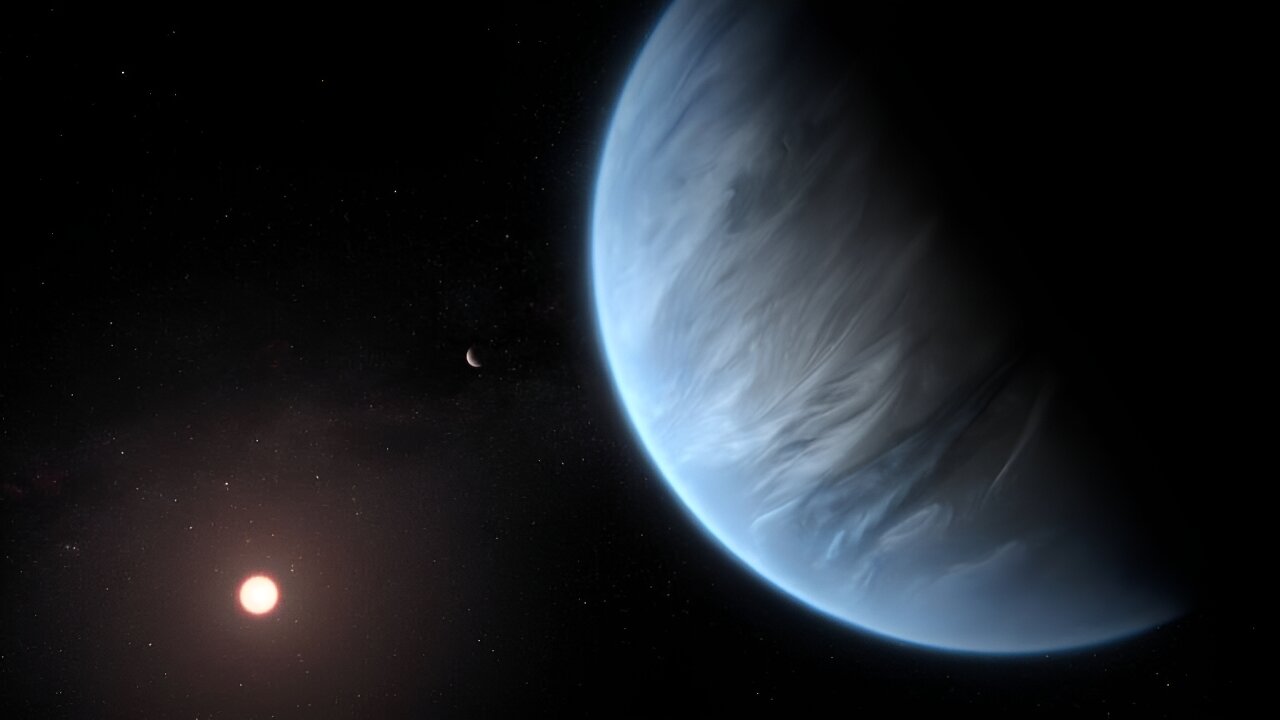I think they should focus on ones in the Goldilocks zone of their star (it sounds like that’s basically what they’re doing), but should also grab random ones outside of it.
Why?
Because life might still exist outside of it. Our reference for what is habitable is based on a very, insignificantly tiny sample size: our own solar system. We know what conditions are necessary for earthly life to exist, but what if complex life can exist at extreme cold or extreme heat? Hell, what if we’re the weird ones for requiring a temperate world to survive, while everyone else needs temperatures above 60c or below 0c?
Tbh, for our generation i don’t think it even matters, since we ain’t getting there anyway. These exoplanets are 10’s if not 100’s of lightyears away and theres no guarantee that any of them are even habitable.
Even for getting to proxima centuari, 4.2 lightyears away and the nearest star to earth, the most optimistic thing I’ve heard is “we could maybe get the travel time down to 80 years if (and big if) we travel at 10% lightspeed”.
Now imagine how we’re going to get to an exoplanet even 30 lightyears away.
The reality is our generation was simply born too early for many of the things talked about in futurist circles.
It may not matter for us but gathering the data is still important even if it will not be really useful for generations to come.
A saying about old men planting trees that they won’t live long enough to rest under comes to mind.
To me, its not so much about getting there now. Its that JWST (and the space telescopes soon to follow) should be able to analyze their atmosphere’s for life. If we can survey 1,000’s of exoplanets, we should finally know how common simple single cell life is in the universe.
He says, typing from a computer for which the underlying concepts were formulated long before he was born and are only now coming to fruition long after the inventors have passed.
Science and technology are never driven by an “only if I see the benefit” mentality. Progress is a gift to all mankind.



